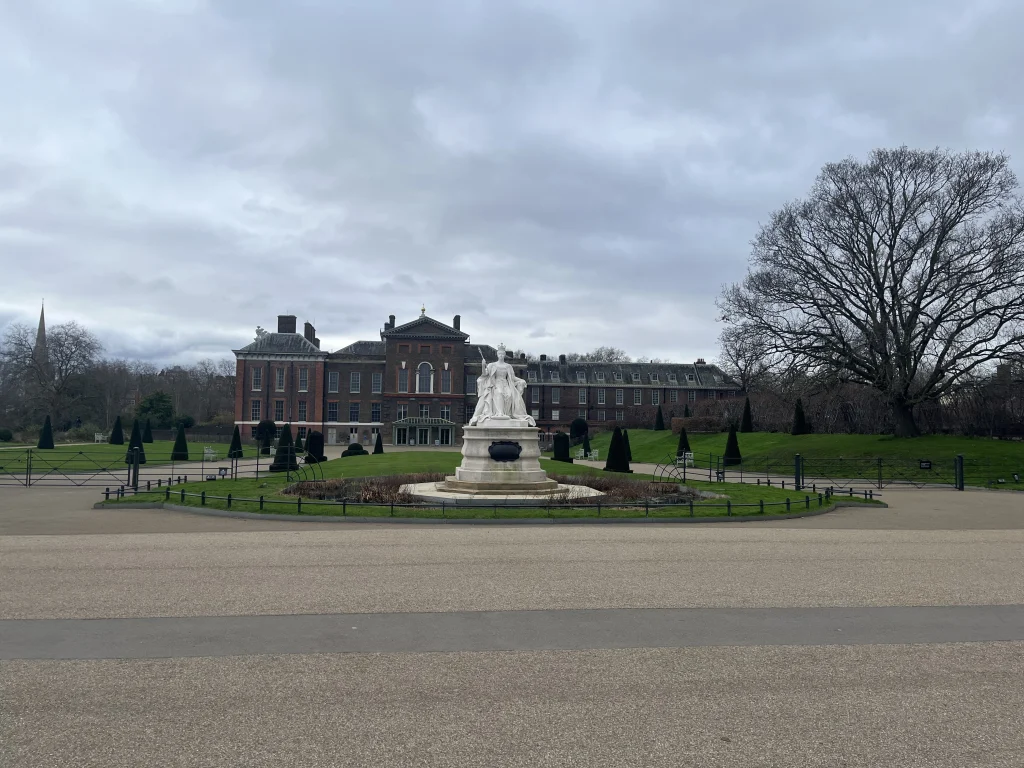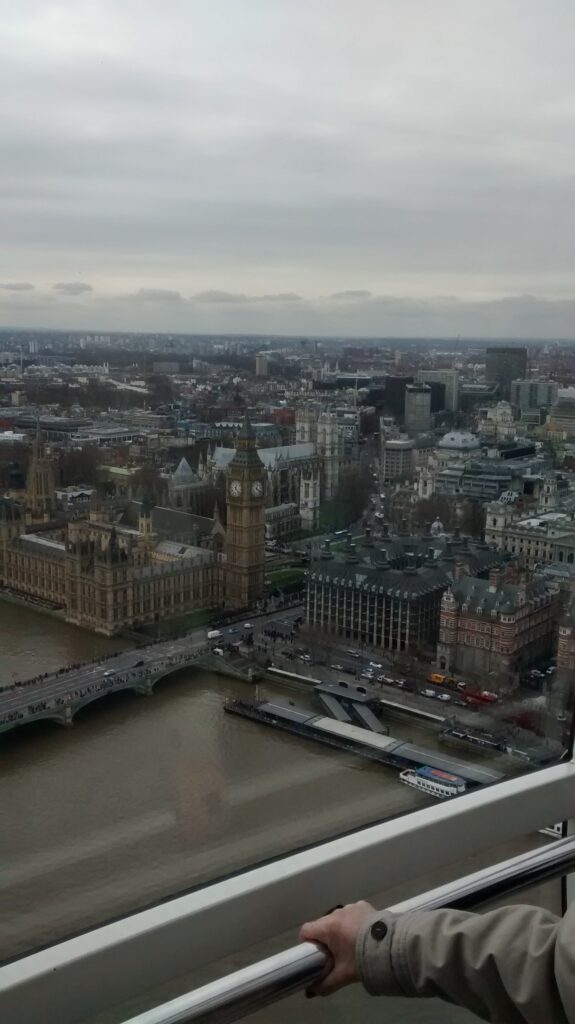A few weeks ago, I was in London. That’s an 11-hour flight flying economy (in the middle seat) for what was a 5 day trip with mostly business intentions, and I was working regular hours for my clients (which meant working past midnight sometimes), and I was alone – ’twas my first international trip alone, in fact. One could argue that it shouldn’t have been that fun, or maybe even that it should be a bit scary, right?
It was quite fun.
And my concept of fun is different from what people would usually consider fun. I did not go clubbing, I did not go to any parties, and I mostly stayed within a 2-kilometer radius from the hotel I stayed in Kensington. Didn’t went further than Hyde Park. And this time I didn’t go to the tourist attractions most people go.
But it was still fun.
I would say that this is the case because London is such a rich town. And I’m not talking about the Ferrari or the Porsches that were parked down street from where I stayed – everywhere you look at in London, there’s something interesting. It’s very historically-dense in the sense that in every corner there’s an interesting building, an interesting park, or an interesting detail waiting to be discovered. Even people are interesting – I saw a lot of couples and families who were not speaking English, for example. I heard people speaking German, French, Japanese, languages I had no idea what they were, and I even overheard a clerk at a nearby store speaking Portuguese with a very familiar accent. I would later find out there were, in fact, from São Paulo.
As a town that’s 2000+ years old, there’s a lot going on in London – if you go to Canary Wharf, you’ll see super modern buildings full of straight and minimalistic shapes (some people hate them; I don’t, I find them interesting too). If you go to Kensington, you’ll see a lot of historic buildings – that’s where the Kensington Palace is, as you’d expect, and it was built in the 17th century. And in the outskirts of London, you’ll see many rows of houses that essentially look the same. I was told that most of those houses were built in the post-WW2 period, as the government wanted to rebuild and provide housing for those who lost their homes in the war.

One could argue that many major cities share a similarly complex background. However, I would say London stands out as a unique case because it embodies a mix of so many different eras. This layered history is less common than you might expect: Kyoto, for instance, was spared in WW2 so it preserves several of its ancient characteristics; Dubai, as we know it today, was created in the late 20th century with oil money and modern urban planning; many German cities were heavily bombarded during the war and had to be completely rebuilt. London, too, suffered significant bombing during World War II, but it was never entirely destroyed. Instead, it underwent partial reconstruction, leaving its historical layers remarkably intact. This blend of different periods coexisting across the city is what I find particularly fascinating
So everywhere you look in London, there’s a story waiting to be told. This is what made the trip fun, and I hope to be back soon to continue exploring the city. I’ll leave the crazy partying to the British tourists in Ibiza.
I also visited London back in 2015 too. Here’s a photo from that trip: one I snapped of the Big Ben taken from the London Eye:

Smartphone cameras came back a long way, huh? That was taken with a first-gen Moto G, 16GB of pure storage power. The pictures from this year’s trip were taken with an iPhone 13 mini, 512GB – that’s about 9 years difference from those two devices. As a software guy, I must say that the hardware guys move way faster than us in advancing things!
Edit December 2024: clarified paragraph the historical diversity of London compared to other big cities